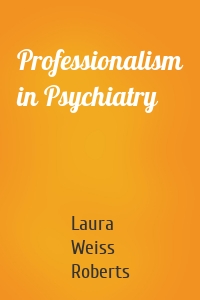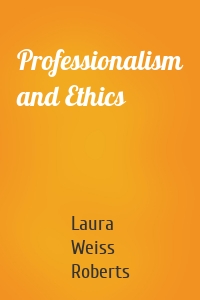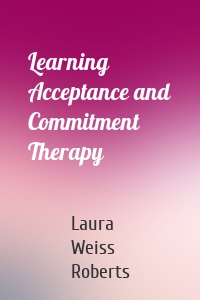Laura Weiss Roberts
3 кн.
Professionalism in Psychiatry
Physicians and psychiatrists typically see themselves as true professionals. But in the past, some displayed behavior far beneath the confines of professionalism, including exploding at nurses, not returning calls, or conducting insensitive interactions with patients, that was usually tolerated and seldom disciplined. Today, the rise of professionalism in medicine in general and psychiatry in particular has prompted a quiet revolution in how doctors are trained and how they are expected to...
| Автор | Laura Weiss Roberts |
Professionalism and Ethics
This first book of its kind for the medical profession brings the real-world translation of ethics to the care of patients, conduct of protocols, and training of professionals. An interactive, case-oriented approach to mental health ethics, Professionalism and Ethics: Q & A Self-Study Guide for Mental Health Professionals consists of questions and answers developed by the authors and fourteen contributors from backgrounds as diverse as family medicine, research ethics, social psychology, and...
| Автор | Laura Weiss Roberts |
Learning Acceptance and Commitment...
The traditional practice of psychiatry has been focused on reducing or eliminating distressing, unwanted symptoms. But what if the key to health and well-being is not to be symptom free, but rather to function effectively in life even when symptoms are present? What if symptoms serve an adaptive and motivational function, rather than being signals of a latent illness? What if the key to personal health is the ability to accept symptoms for what they are and to do what matters in life at the same...
| Автор | Laura Weiss Roberts |




